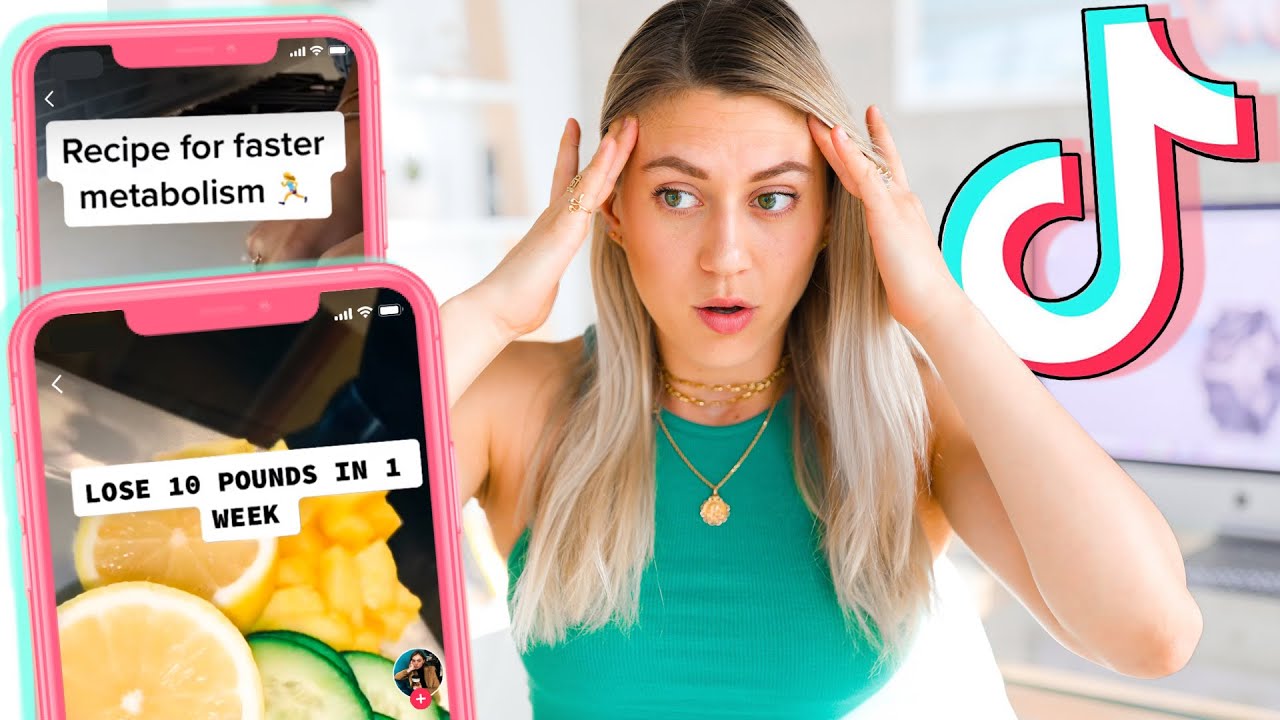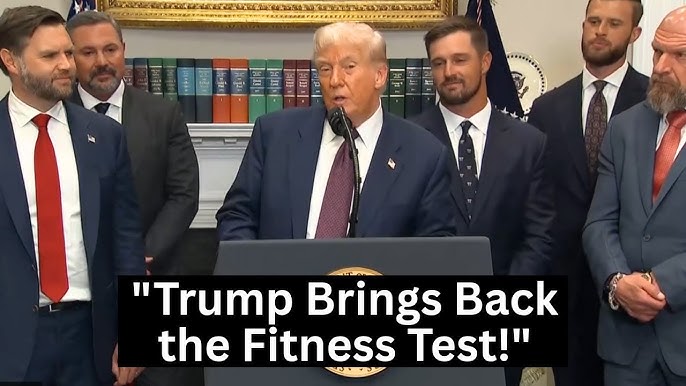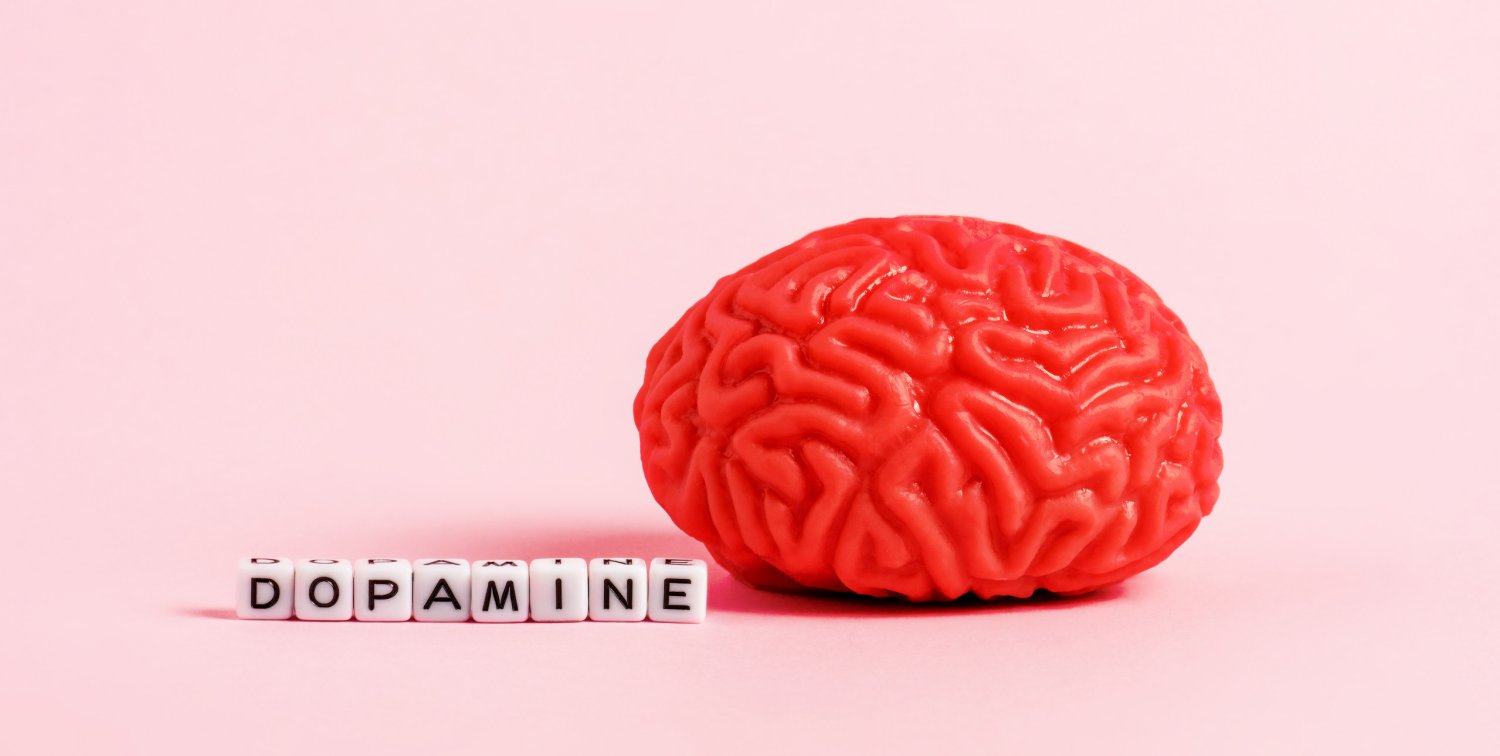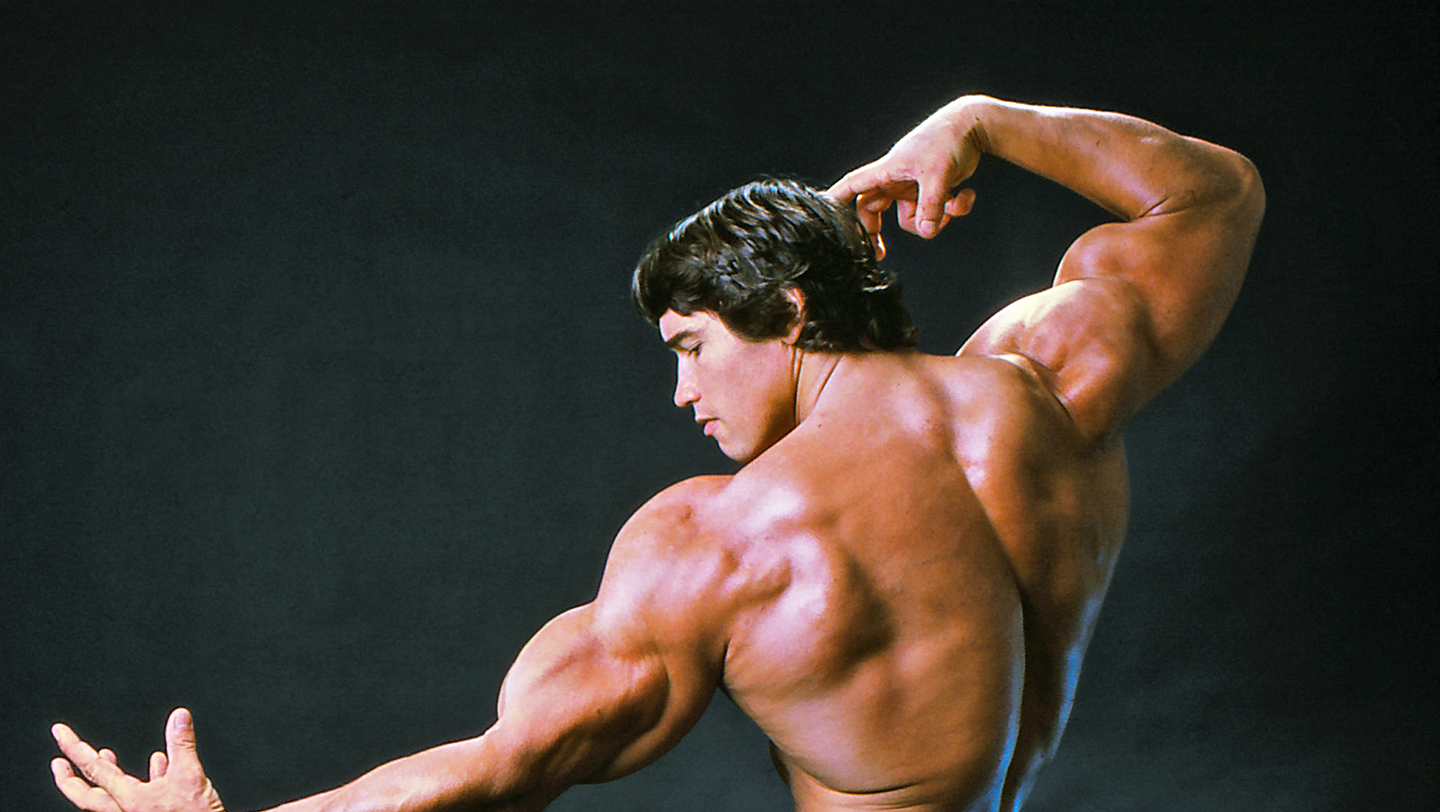
by Matt Weik, BS, CSCS, CPT, CSN
If you follow any of my content, you know I’m not a big fan of TikTok. In fact, I despise it. We seem to have these TikTok nutrition gurus coming out of the woodwork with no educational background or science to back up what they’re saying.
A recent study revealed that only 2.1% of nutrition content on TikTok is accurate and aligns with public health guidelines. Despite this, 57% of Millennial and Gen-Z users reported being influenced by or frequently adopting nutrition trends they learned about on the platform.
Do you see a problem with this?
We have enough people frustrated that they aren’t losing weight, meanwhile, they’re taking advice from Stay-At-Home Sally on TikTok, who has no idea what she’s talking about.
I stopped counting how many TikTok nutrition trends are out there. It’s never-ending, and it needs to end — now.
In this article, we’re going to dive deeper into just how terrible TikTok nutrition advice really is and why you need to stop believing what these creators are saying because it’s terrible advice that’s only going to bring you frustration.
Disclaimer: This article is for informational purposes only and is not meant to treat or diagnose any condition. It is recommended that you speak with your doctor before starting any exercise program, making changes to your nutrition plan, or adding any new supplements into your current regimen.
The Influence of TikTok Nutrition Trends
Unfortunately, TikTok has become a go-to source for health and diet advice among young people. That said (and as most find out quite quickly), the majority of this content is misleading or inaccurate.
Yet, for some reason, people continue to go back for TikTok nutrition advice and trends.
The study I mentioned earlier analyzed over 67,000 TikTok videos and found that only a small fraction provided information consistent with public health standards.
Many users are adopting these TikTok nutrition trends without understanding the potential risks. For example, viral health hacks like “nature’s Ozempic” and “marinating Diet Coke” are often unreliable and can lead to health issues.
If I’ve said it once, I’ve said it a million times… Stop listening to TikTok nutrition advice. It’s bad. It’s dangerous. And it’s going to leave you frustrated.
The Dangers of TikTok Nutrition Misinformation
Following TikTok nutrition advice with zero scientific backing can have serious consequences. Some TikTok users reported experiencing negative effects from fad diets promoted on the platform.
Experts warn that removing entire food groups or following extreme diets can lead to nutrient deficiencies, mood changes, and cognitive issues. That said, it should come as no surprise.
Are there solid people on TikTok providing information that is backed by research? Sure. But only 1.4% of nutrition-related videos are created by registered dietitians, leaving the majority of content to unqualified individuals who spout their BS in hopes of gaining a viral video and becoming insta-famous online.
The Role of Social Media in Diet Culture
TikTok’s algorithm often promotes content that idealizes weight loss and perpetuates toxic diet culture. This can be particularly harmful and dangerous to teenagers and young adults, who are more susceptible to body image issues and disordered eating behaviors.
I actually have research published on exercise dependence, and there are primary and secondary eating disorder issues that come along with it. What does it come down to? Body image issues due to how social media is today, where everyone is using anabolics, using Ozempic, and photoshopping every part of their body to create the perfect physique.
It’s enough to truly ruin a young adult’s life by comparing themselves to such individuals. They, themselves, try to chase perfection that isn’t even real.
And it doesn’t help that the platform’s design makes it easy to consume a large amount of content quickly, which can reinforce harmful messaging and make it difficult for users to discern credible information.
How to Navigate TikTok Nutrition Content Safely
While TikTok can be a source of inspiration (even though I find the platform to be a waste of time), it’s crucial to approach nutrition content with skepticism.
Below are some tips to help you navigate TikTok nutrition content safely:
- Verify the credentials of individuals providing nutrition advice. Look for registered dietitians or qualified health professionals.
- Be cautious of extreme diets or trends that promise quick fixes. If it sounds too good to be true, it probably is.
- Consult with a healthcare professional before making significant changes to your diet or lifestyle.
- Educate yourself on basic nutrition principles from reputable sources to build a foundation of knowledge.
Stop Believing TikTok Nutrition Trends and Advice
The amount of inaccurate TikTok nutrition content is alarming. With only 2.1% of videos providing accurate information, it’s important that you approach the platform with caution and seek guidance from qualified professionals, such as nutritionists and dietitians.
By being critical of the TikTok nutrition content we consume and prioritizing evidence-based advice, we can make better and more informed decisions about our health and well-being.
Or, if you’re like me… Simply don’t use TikTok at all. Problem solved.


